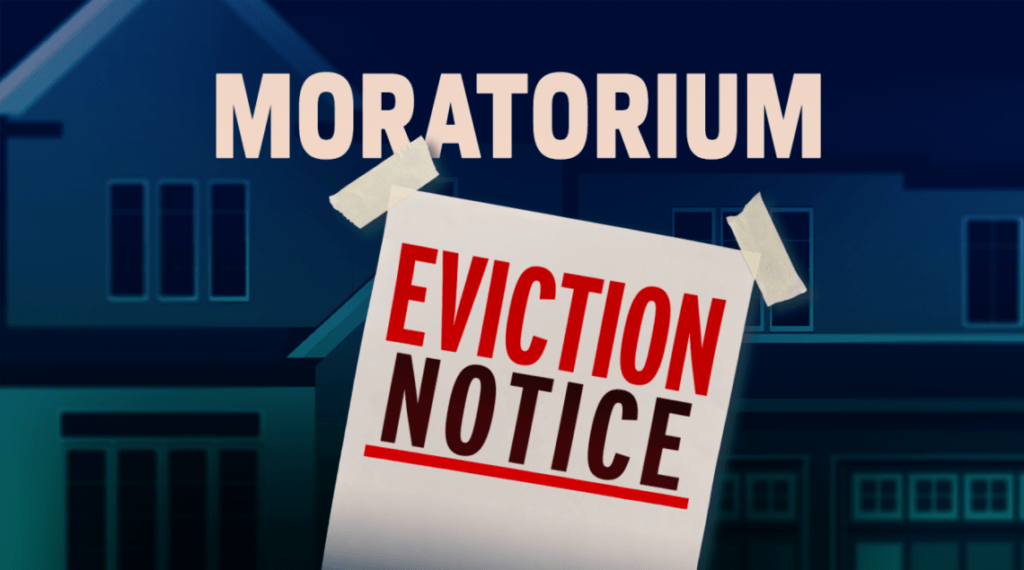How to Avoid Foreclosure after the End of the COVID-19 Moratorium – 5 SURE FIRE Steps to Avoid Foreclosure
So you are worried about what you will do now that the national moratorium has ended. Maybe there’s a pretty high chance of you losing your home. Well, don’t you worry, we have gathered some of the easiest ways for you to avoid foreclosure. Let’s find out what those easy ways are.
Five fool proof steps you can take to stop your foreclosure process
Now before we begin, you need to understand that each state has its own laws. So, the first thing you need to do is get yourself acquainted with those laws before taking any step. Moreover, it doesn’t matter which of the following methods you choose to avoid foreclosure. Make sure that you keep a detailed record of everything that you do. This documentation will go a long way in strengthening your case as you fight for your home.
1. Work Something Out with Your Lender
You need to understand that lenders hate foreclosures as much as we do, if not more. Not only does it cost more, but the reputation that comes with kicking a family out of their homes sticks. Therefore it is pretty standard for lenders to work out a deal that can help the borrower pay his dues. Whether it is rescheduling your payment plan or extending the term of your loan, lenders would be more willing to do this than running around housing courts with their expensive lawyers.
2. Resort to a Short Sale
A pre-foreclosure sale, also known as a short sale, means selling your house at a price less than you owe before the bank can take it from you and auction it off. To short sell your property, you need to take approval from your lender. Your lender will decide to decide whether short-selling your property is worth it or not. Short-selling your home is going to be a fantastic opportunity for you if you want to save your credit score. So, you better do everything in your power to convince your lender to short sell your home.
3. Declare Bankruptcy
Declaring bankruptcy can be one of your last resort. If all else fails, you can always file for bankruptcy. This is a very viable option to put your impending foreclosure on hold. Filing for bankruptcy generates an “automatic stay,” which halts any collection process which is due, including foreclosure.
If you decide to go this route, you should hire a bankruptcy attorney to guide you through the process. This is important because there are a few types of bankruptcy that you need to choose from.
4. Deed in Lieu of Foreclosure
Deed in lieu of foreclosure is the same as a foreclosure. There are no considerable differences between the two. The only one is in case of deed in lieu; you give ownership of your home on your own accord. The benefit of going this way is the discretion that comes with it. You won’t have any cops knocking on your door to kick you and your family out the “hard way.” It also takes the same amount of damage when it comes to your credit score.
5. Assumption or Lease Option
It is pretty common knowledge that when you sell your house, the buyer takes out a home loan to pay for the house. You use this money to pay for the remaining of your mortgage. Now, the assumption is a bit different in this regard. Instead of the buyer taking out another mortgage, they will assume your position as the principal mortgage payer. This is not a very common measure, as most mortgage contracts have a “Due-on-Sale” clause. This clause states that you must pay off your entire owed amount before you transfer the property’s deed to someone else.
If your lender does not have this clause added to your contract, your lender will assess the financial history of the new buyer. If the buyer is qualified, then they will start paying your mortgage in your place.
Don’t Wait till the Last Moment
When you know, you might face foreclosure, and your best bet is to face it head on instead of a “We’ll see what happens” attitude. There are several ways you can stop your foreclosure from ever happening. For starters, you can ask for a loan modification. Let us tell you how a simple loan modification can be the solution to all your problems.
Loan Modification
A loan modification is one of several ways you can mitigate your loan with your lender to avoid any lose-lose situation. A loan modification is a process in which you ask your lender to alter the terms of payment on your mortgage plan. Some of these alterations can be permanent, while some of them may be temporary. Usually, these modifications include lowering your interest rate, extension in the loan length, or the inclusion of unpaid interest in your principal.
It is essential to know that when you are looking to get your payment plan modified, it is always best to talk to your lender as soon as possible.
When is it too late?
Now that you know that there are more than a few ways to fight foreclosure, you might feel at ease. But when is it too late when it comes to stopping your home from getting auctioned off?
Well, the answer is pretty simple, NOT UNTIL THE DAY YOUR HOUSE IS SOLD OFF.
If you file for bankruptcy on the auction day, you can throw a wrench in the whole foreclosure process. If you can’t prove your inability to pay your dues, you can’t stop the process altogether, but you can get some time to gather some funds.
If you do face yourself crossing paths with foreclosure, and escape is not an option. Then never let go of your home too early. This is what people in the market called “zombie foreclosure.” Doing this will not only leave your finances at risk, but you’ll also be missing out on a whole month of rent-free stay.

